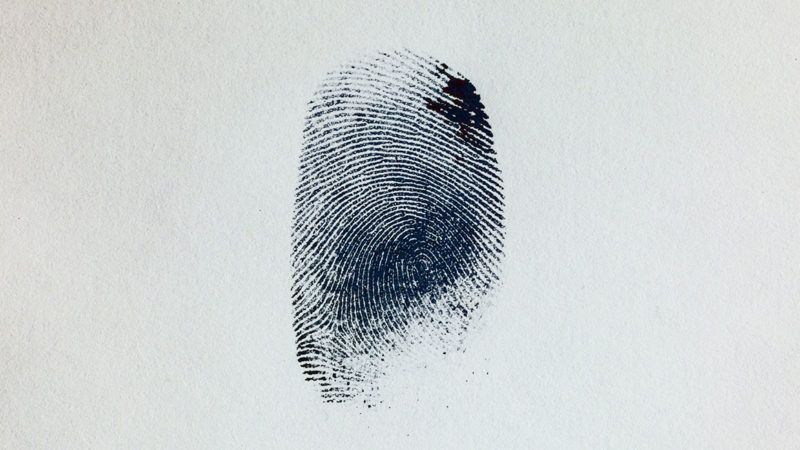Immigrants Have a Right to Privacy Too
Forcibly collecting DNA samples from immigrants in detention is yet another horrifying form of mass surveillance

The Trump administration has started forcibly collecting DNA samples from immigrants in detention and sending that information to an FBI criminal database called the Combined DNA Index System (CODIS) for permanent storage. Officials say this is a crime-fighting move. In reality, it is mass surveillance.
In 2005, Congress passed the DNA Fingerprint Act, requiring genetic testing of anyone arrested for a federal crime, regardless of whether they're eventually charged and convicted. The Supreme Court approved this gross invasion of individual privacy in Maryland v. King (2013), ruling 5–4 that the law did not violate constitutional protections against illegal searches and seizures because the original arrest had required probable cause.
The DNA Fingerprint Act gave the Department of Homeland Security (DHS) latitude to exempt noncitizens from being sampled. There's a very good reason for that: The vast majority of these folks are detained not because they have committed serious crimes with actual victims but because a harsh Clinton-era enforcement law vastly increased detentions for nonviolent immigration-related offenses. The Obama administration used this latitude to exempt immigrants from DNA sampling unless they were charged with another crime or were awaiting deportation proceedings. DHS Secretary Janet Napolitano pointed out at the time that taking DNA from the 30,000 immigrants who were then detained would pose "severe organizational, resource and financial challenges"—not to mention distract from actual crime-fighting.
The detained population has grown larger still, yet the Trump administration is arguing that these logistical concerns are outdated because the collection of DNA samples has become easier and cheaper. Customs and Border Patrol has gone ahead and launched pilot programs at several immigration centers around the country. Government estimates suggest that once the program is fully implemented, such centers will be sending 748,000 DNA profiles to CODIS every year. That's more than the entire state of New York has contributed in more than 20 years, the American Civil Liberties Union's Vera Eidelman noted in USA Today.
When the Justice Department issued the rule creating the pilot program in March, it insisted that even if immigration detainees have committed no crimes at the time they are booked, having a permanent DNA record makes it easier to track them if they do so once allowed to remain in the country or upon re-entering without authorization later.
By this logic, which basically overturns the presumption of innocence, DNA testing could be forced on all American citizens. Anyone, after all, could commit a crime at some point in the future. That's why everyone should be concerned. They're starting with immigrants, but they might not end there.


Show Comments (95)